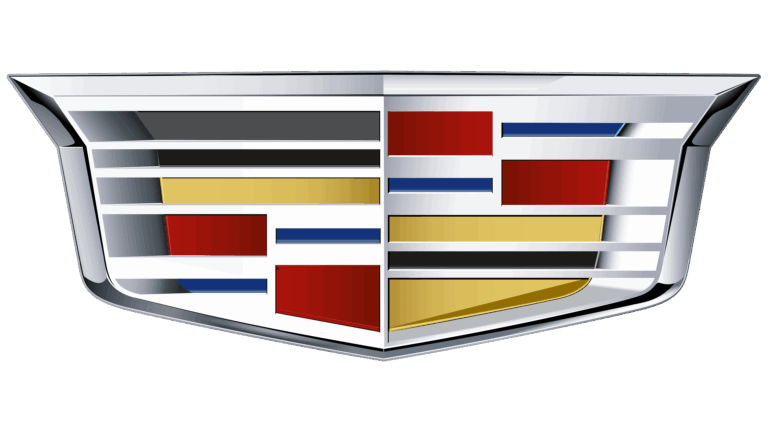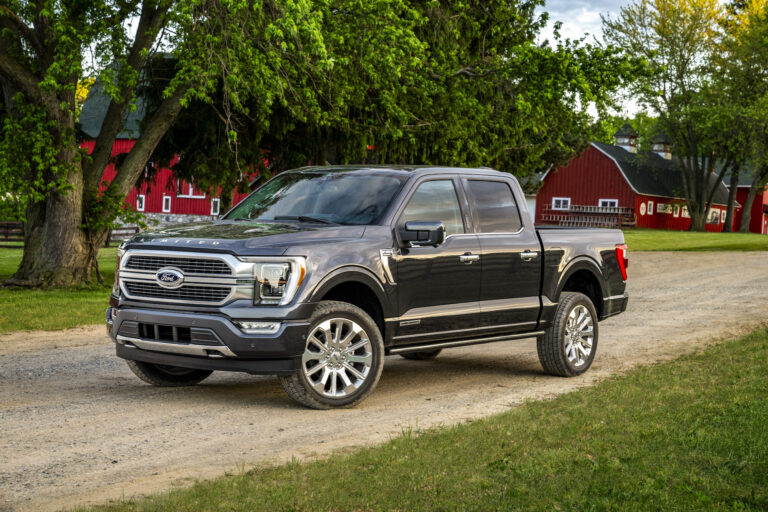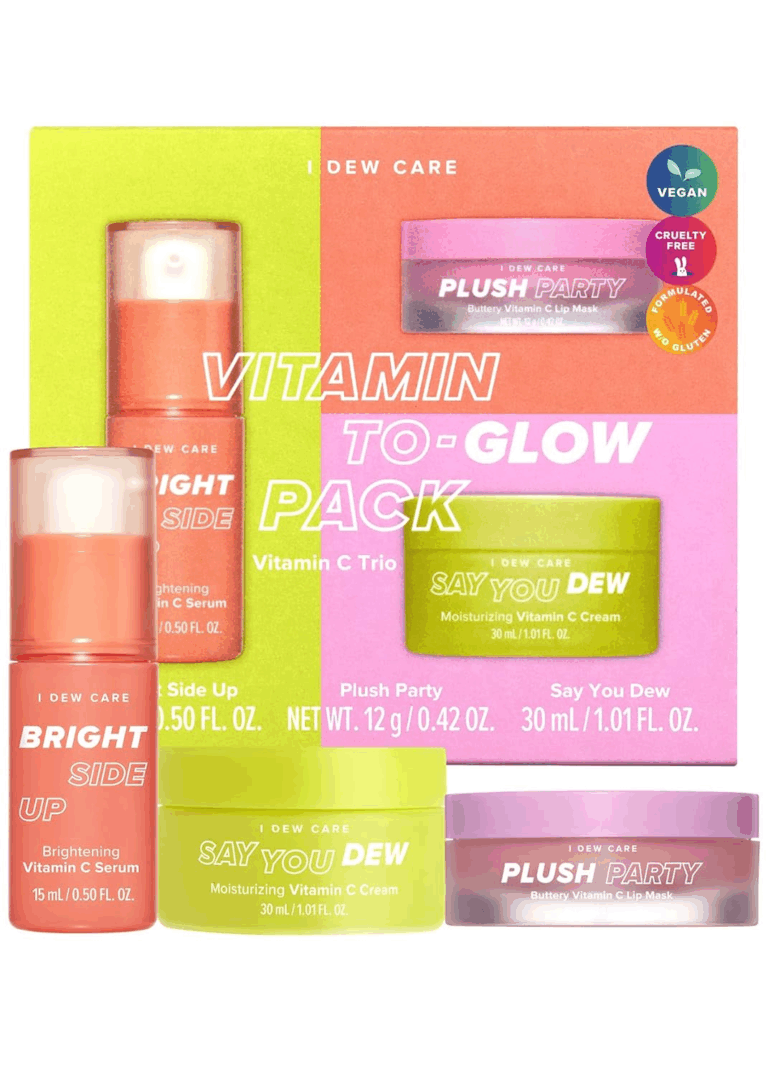Off-Brand Car Insurance Companies: Unlocking Value Beyond the Big Names
Off-Brand Car Insurance Companies: Unlocking Value Beyond the Big Names cars.truckstrend.com
In the vast landscape of car insurance, household names like Geico, State Farm, and Progressive often dominate the airwaves and online searches. But beneath the surface of these marketing giants lies a diverse and growing ecosystem of "off-brand" car insurance companies. These less-advertised, often more specialized insurers can offer a compelling alternative for drivers seeking tailored coverage, innovative solutions, or simply better value. Far from being fly-by-night operations, many off-brand insurers are legitimate, financially stable entities that leverage different business models to serve specific market segments. This comprehensive guide will explore what off-brand car insurance companies are, why they might be your next best option, and how to navigate this less-trodden path to find the perfect policy for your needs.
What Exactly Constitutes an "Off-Brand" Insurer?
Off-Brand Car Insurance Companies: Unlocking Value Beyond the Big Names
The term "off-brand" in the context of car insurance doesn’t imply inferior quality or dubious legality. Instead, it refers to insurance providers that are not among the top-tier, nationally recognized carriers with massive advertising budgets and extensive agent networks. These companies might be:
- Regional Specialists: Insurers that operate only in a specific state or a handful of states, deeply understanding local regulations and risk factors.
- Direct-to-Consumer Models: Companies that primarily sell policies online or over the phone, bypassing the traditional agent commissions and physical branch overheads.
- Niche Market Providers: Insurers that focus on specific demographics or vehicle types, such as high-risk drivers, classic car enthusiasts, low-mileage commuters, or drivers with unique insurance needs.
- Insurtech Startups: Technology-driven companies that leverage data analytics, AI, and telematics (usage-based insurance) to offer personalized rates and streamlined digital experiences.
- Smaller, Independent Carriers: Well-established but less visible companies that rely on word-of-mouth or independent broker networks rather than national campaigns.

The key distinction is often their distribution and marketing strategy, not necessarily their solvency or quality of service. They are fully licensed and regulated by state insurance departments, just like their larger counterparts.
The Allure of the Underdog: Why Consider Off-Brand Options?
Opting for an off-brand insurer can offer several compelling advantages that might not be readily available from the industry giants:
- Potential Cost Savings: This is often the primary draw. By operating with lower overheads (less marketing, fewer physical branches, direct sales), off-brand insurers can sometimes pass those savings directly to policyholders in the form of lower premiums. Their specialized risk assessment models can also accurately price policies for specific niches, avoiding the broader averages that might penalize you with larger carriers.
- Niche Specialization and Tailored Policies: If you have unique needs – perhaps you drive very little, own a vintage car, or have a less-than-perfect driving record – an off-brand insurer might specialize in your exact profile. This specialization can lead to more accurate pricing, better coverage options, and a deeper understanding of your specific risks, which traditional insurers might struggle to accommodate.
- Innovative Features and Technology: Many insurtech companies, often falling into the "off-brand" category, are at the forefront of insurance innovation. They might offer sophisticated telematics programs that reward safe driving, highly intuitive mobile apps for policy management and claims, or unique subscription-based models. These tech-forward approaches can lead to greater transparency and convenience.
- Potentially More Personalized Service: While not always guaranteed, smaller companies sometimes pride themselves on more individualized customer service. With a smaller client base, you might experience shorter wait times, more direct communication, and a less "corporate" feel when interacting with their representatives or claims adjusters.

Navigating the Uncharted Waters: How to Find and Vet Off-Brand Insurers

Choosing an off-brand insurer requires more proactive research than simply picking a name you recognize. However, with the right approach, you can confidently find a reliable and cost-effective provider.
-
Start Your Search Broadly:
- Online Comparison Sites: While often dominated by big names, many comparison websites also include quotes from smaller, regional, or direct carriers. Use these as a starting point.
- Independent Insurance Agents/Brokers: These professionals work with multiple insurance companies, including smaller ones, and can help you compare policies and understand the nuances. They often have access to a wider range of options than you might find on your own.
- State Insurance Department Websites: Your state’s department of insurance typically lists all licensed insurers operating within the state. Some even provide consumer complaint ratios or financial stability ratings.
- Word of Mouth/Local Forums: Ask friends, family, or local community groups for recommendations, especially if you’re looking for a regional specialist.
-
Key Vetting Criteria – Don’t Skip These Steps!
- Financial Strength Ratings: This is paramount. An insurer’s financial stability dictates its ability to pay out claims. Check ratings from independent agencies like A.M. Best, Standard & Poor’s (S&P), or Moody’s. Look for ratings of "A-" or higher. A financially weak company, no matter how cheap, is a significant risk.
- Licensing: Verify that the company is licensed to sell insurance in your state. You can usually do this on your state’s Department of Insurance website.
- Customer Service and Claims Reviews: While large aggregate scores are helpful, delve into individual reviews on platforms like Trustpilot, Better Business Bureau (BBB), Yelp, and Google Reviews. Pay close attention to comments about their claims process – how easy was it to file? How quickly were claims resolved? Were adjusters fair and communicative?
- Complaint Ratios: Many state insurance departments publish complaint data for insurers operating in their state. A low complaint ratio relative to the company’s size is a good sign.
- Policy Wording and Coverage Details: Before committing, thoroughly read the policy documents. Ensure the coverage limits, deductibles, exclusions, and terms meet your specific needs. Don’t assume an "off-brand" policy is identical to a "brand-name" one in its fine print.
- Accessibility and Support: How easy is it to contact them? Do they have a robust online portal, a mobile app, 24/7 customer service, or a dedicated claims hotline?
Common Coverage Types Offered by Off-Brand Insurers
Despite being "off-brand," these companies typically offer the full spectrum of standard car insurance coverages required by law and desired for comprehensive protection:
- Liability Coverage: Bodily Injury Liability (BIL) and Property Damage Liability (PDL).
- Collision Coverage: Covers damage to your vehicle from a collision with another car or object.
- Comprehensive Coverage: Covers non-collision damage (theft, vandalism, fire, natural disasters, hitting an animal).
- Uninsured/Underinsured Motorist (UM/UIM) Coverage: Protects you if you’re hit by a driver without enough or any insurance.
- Medical Payments (MedPay) / Personal Injury Protection (PIP): Covers medical expenses for you and your passengers regardless of fault.
- Optional Coverages: Roadside assistance, rental car reimbursement, gap insurance, new car replacement, custom parts and equipment coverage, and usage-based insurance (UBI) programs.
Some off-brand insurers excel in offering unique add-ons or highly flexible UBI programs that larger, more traditional carriers might be slower to adopt.
Potential Challenges and How to Overcome Them
While the benefits are significant, it’s wise to be aware of potential challenges when dealing with off-brand insurers:
- Lack of Familiarity/Trust: It can feel unsettling to go with a company you’ve never heard of. Overcome: Thorough vetting using the criteria above. Financial strength ratings and independent reviews are your best friends here.
- Limited Local Presence: Many off-brand companies operate primarily online or through call centers, meaning no local agent’s office to walk into. Overcome: Evaluate their digital tools (apps, online portals) and the quality of their phone support. If you prefer face-to-face interaction, an off-brand direct insurer might not be for you.
- Varying Customer Service Quality: While some smaller companies offer exceptional personalized service, others might be less responsive or have limited resources. Overcome: Scrutinize customer reviews specifically about responsiveness and problem resolution.
- Fewer Bundling Opportunities: Many large insurers offer discounts for bundling auto with home, renters, or life insurance. Off-brand insurers might not have these multi-line offerings. Overcome: Calculate the total cost. Even if you get home insurance elsewhere, the savings on car insurance alone might still make the off-brand option cheaper overall.
- Claims Process Unknowns: This is the moment of truth for any insurer. A less-known company’s claims efficiency can be a gamble. Overcome: Prioritize reviews that specifically mention claims experiences. Ask about their claims process upfront – do they have a 24/7 hotline? A dedicated app for filing?
Tips for Maximizing Value with Off-Brand Insurers
- Compare More Than Just Price: While cost is a major factor, ensure the coverage limits, deductibles, and included features are comparable across quotes. A cheaper policy with inadequate coverage is not a good deal.
- Utilize All Available Discounts: Off-brand insurers often have a unique set of discounts, especially those tied to technology (telematics) or specific driver profiles (e.g., specific professions, good students, low mileage). Ask for a comprehensive list.
- Read Reviews from Diverse Sources: Don’t rely on just one review site. Cross-reference information from multiple independent platforms, including those focused on financial ratings.
- Don’t Be Afraid to Ask Questions: Call their customer service line, even if you’re just getting a quote. Ask about their claims process, typical response times, and how they handle specific scenarios. This interaction can give you a feel for their service quality.
- Consider a Shorter Initial Term (If Possible): Some insurers allow for 6-month policies. If you’re hesitant, a shorter term can be a good way to test the waters before committing to a full year.
Factors Influencing Car Insurance Premiums: A Comparison of Approaches
While specific prices vary wildly based on individual factors, the table below illustrates how different types of insurers might approach pricing based on their operational models.
| Factor | Traditional Insurers’ Approach | Off-Brand Insurers’ Potential Approach | Impact on Premium (Relative) |
|---|---|---|---|
| Operating Costs | High (extensive advertising, physical branches, large staff) | Lower (less national advertising, direct-to-consumer, leaner staff) | Off-Brand: Often lower due to reduced overhead |
| Target Customer Profile | Broad (aims to insure a wide range of drivers) | Niche (focuses on specific demographics, risk profiles, or vehicle types) | Off-Brand: Can be lower for specific niches, potentially higher for others |
| Technology Integration | Legacy systems, gradual adoption of new tech | Often built on modern insurtech platforms (AI, telematics) | Off-Brand: Can be lower due to more precise risk assessment and operational efficiency |
| Risk Assessment Models | Standard actuarial tables, broad demographics | Advanced analytics, telematics (Usage-Based Insurance), highly granular data | Off-Brand: Can be significantly lower for safe or low-mileage drivers |
| Distribution Channel | Agents (independent or captive), direct sales, online | Primarily direct-to-consumer (online, phone), some through brokers | Off-Brand: Often lower as agent commissions are bypassed |
| Claims Processing | Established, often multi-layered processes | Can be highly streamlined via apps/AI or more personalized with smaller teams | Varies: Can be faster/more efficient, potentially impacting overhead costs that affect premiums |
| Discount Structures | Common discounts (multi-policy, good driver, safe car) | Often emphasizes tech-driven discounts (telematics, low mileage), specific niche discounts | Off-Brand: Can offer unique savings opportunities for specific behaviors |
Frequently Asked Questions (FAQ) about Off-Brand Car Insurance Companies
Q1: Are off-brand car insurance companies legitimate?
A1: Yes, absolutely. "Off-brand" refers to their market visibility and business model, not their legality. All legitimate insurance companies, regardless of size, must be licensed and regulated by the state insurance department in which they operate. Always verify their licensing.
Q2: Are off-brand insurers always cheaper than well-known brands?
A2: Not always, but often. Their lower overheads and specialized risk assessment models can lead to significant savings for the right driver profile. However, their pricing can be higher for drivers outside their specific niche. It’s crucial to compare quotes.
Q3: How do I know if an off-brand insurer is financially stable?
A3: Check their financial strength ratings from independent agencies like A.M. Best, S&P, or Moody’s. Look for ratings of "A-" (Excellent) or higher. These ratings assess an insurer’s ability to meet its financial obligations, including paying claims.
Q4: What happens if an off-brand insurer goes out of business?
A4: Most states have a "Guaranty Fund" that steps in to pay covered claims if an insurance company becomes insolvent. While it’s a safety net, it can still lead to delays and inconvenience. This is why financial strength ratings are so important.
Q5: Do off-brand companies offer the same coverage options as major insurers?
A5: Generally, yes. They offer all the standard coverages (liability, collision, comprehensive, etc.) required by law. Some may even offer more specialized or innovative coverages tailored to their niche market.
Q6: Is customer service generally worse with off-brand insurers?
A6: Not necessarily. Customer service quality varies greatly, regardless of company size. Some smaller, off-brand insurers pride themselves on personalized service, while others might have limitations. Thoroughly check customer reviews, particularly those related to claims and responsiveness, before deciding.
Conclusion
The world of car insurance is far broader than the few names you see advertised on TV. Off-brand car insurance companies represent a significant opportunity for savvy consumers to find policies that are not only more affordable but also more tailored to their specific driving habits and needs. While they may require a bit more upfront research and due diligence, the potential for significant savings, specialized coverage, and innovative features makes them well worth exploring. By understanding what these companies offer and diligently vetting their financial stability and customer service reputation, you can confidently navigate the market beyond the big names and uncover a true hidden gem for your car insurance needs.






